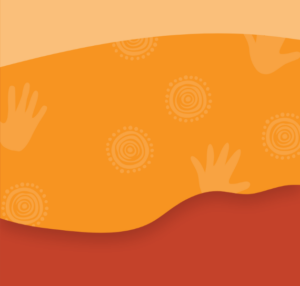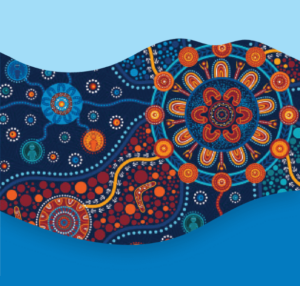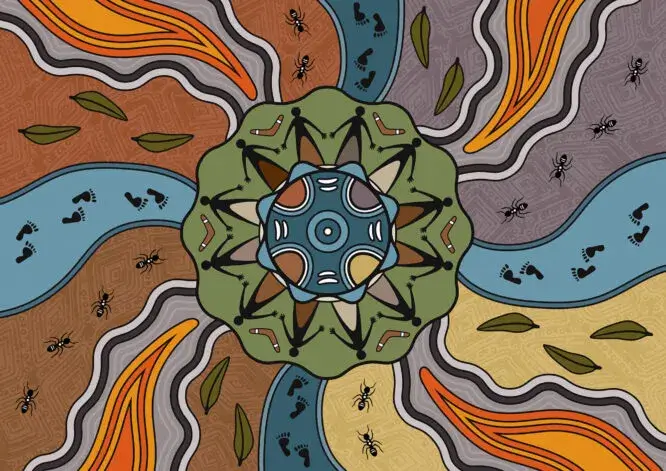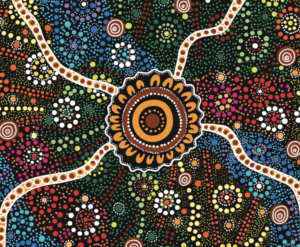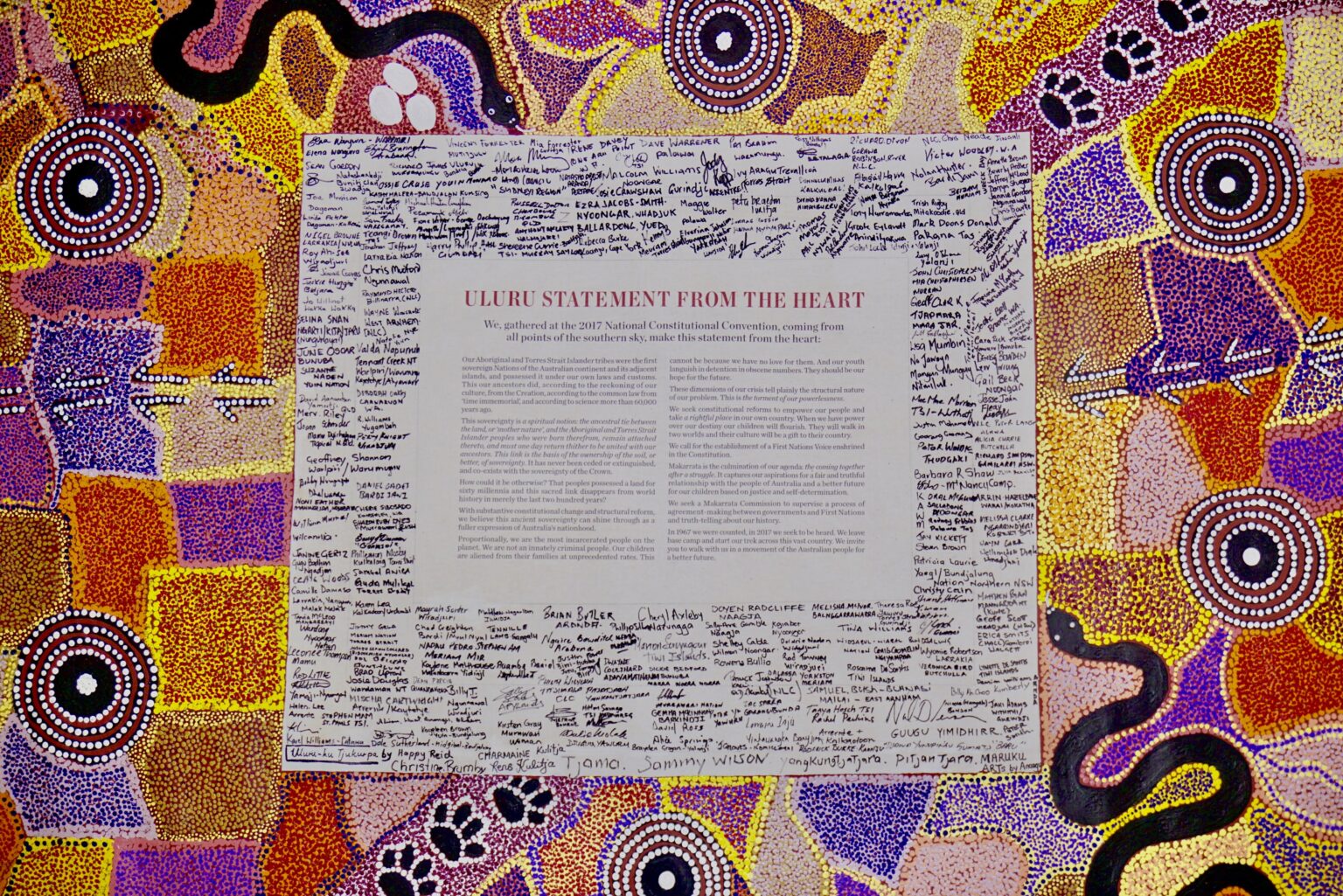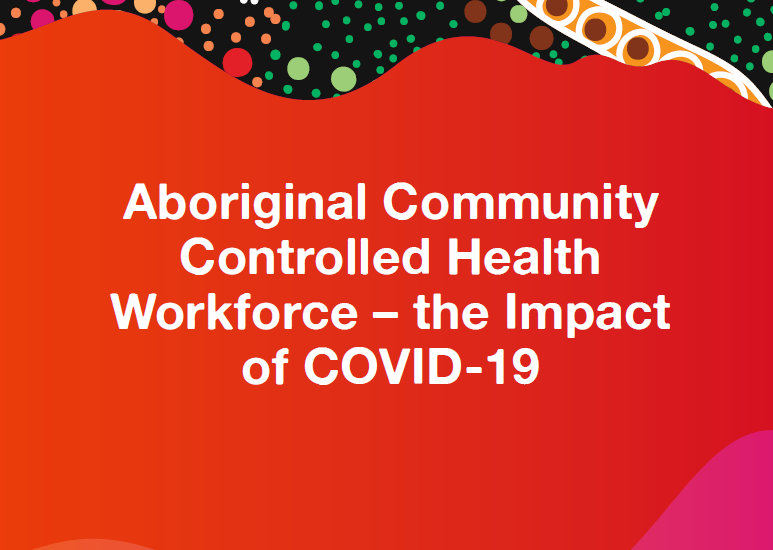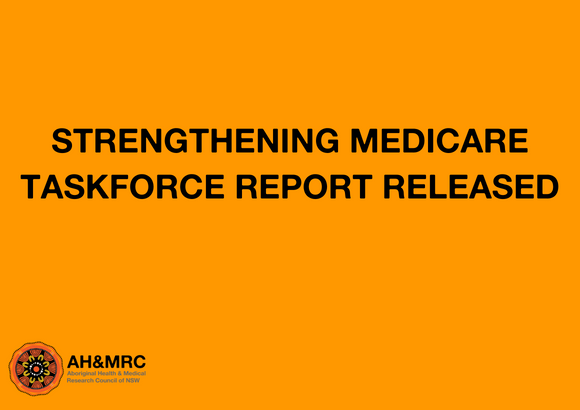The Strengthening Medicare Taskforce recently released its final Report, with recommendations for reforms to the funding and delivery of primary care. The taskforce was convened in July 2022, to provide recommendations to government on:
- improving patient access to general practice, including after hours;
- improving patient access to GP-led multidisciplinary team care, including nursing and allied health;
- making primary care more affordable for patients;
- improving prevention and management of ongoing and chronic conditions; and
- reducing pressure on hospitals.
Its work is backed by the government’s $750 million Strengthening Medicare Fund.
The AH&MRC broadly supports the Taskforce’s recommendations. In December 2022, our organisation released a Medicare Position Statement, which highlighted the challenges faced by Aboriginal Community Controlled Organisations (ACCHOs) under the current Medicare system, which does not adequately reimburse them for the comprehensive, primary health services they provide.
The AH&MRC was pleased to note the Taskforce’s recognition of the vital role of Aboriginal health workers and Aboriginal Community Controlled Health Services in the provision of primary care. The Report particularly notes the need for funding systems to support team-based models of care, allowing providers such as ACCHOs to employ core teams and leverage flexible funding approaches that facilitate place-based solutions.
The Committee’s recommendations include:
- Supporting general practice in management of complex chronic disease through blended funding models integrated with fee-for-service, with funding for longer consultations and incentives that better promote quality bundles of care for people who need it most.
- Supporting better continuity of care, a strengthened relationship between the patient and their care team, and more integrated, person-centered care through introduction of voluntary patient registration.
- Growing and investing in Aboriginal Community Controlled Health Organisations (ACCHOs) to commission primary care services for their communities, building on their expertise and networks in local community need.
- Developing new funding models that are locally relevant for sustainable rural and remote practice in collaboration with people, providers and communities.
- Fast-tracking work to improve the supply and distribution of GPs, rural generalists, nurses, nurse practitioners and midwives, pharmacists, allied health, Aboriginal and Torres Strait Islander health workers and other primary care professionals.
- Supporting local health system integration and person-centred acre through Primary Health Networks (PHNs) working with Local Hospital Networks, local practices, ACCHOs, pharmacies and other partners to facilitate integration of specialist and hospital services with primary care.
This report is a step in the right direction, however, the AH&MRC notes that the Committee’s recommendations are broad in nature and extensive work will need to be done by government to develop a robust reform program. Our sector wants to see a commitment from government to increase the rebate. We also note that without investment into ACCHO workforce and infrastructure, reforms to the Medicare system will have little impact.
The AH&MRC awaits the government’s response.
MEDIA RELEASE_Strengthening Medicare Taskforce Report Released


